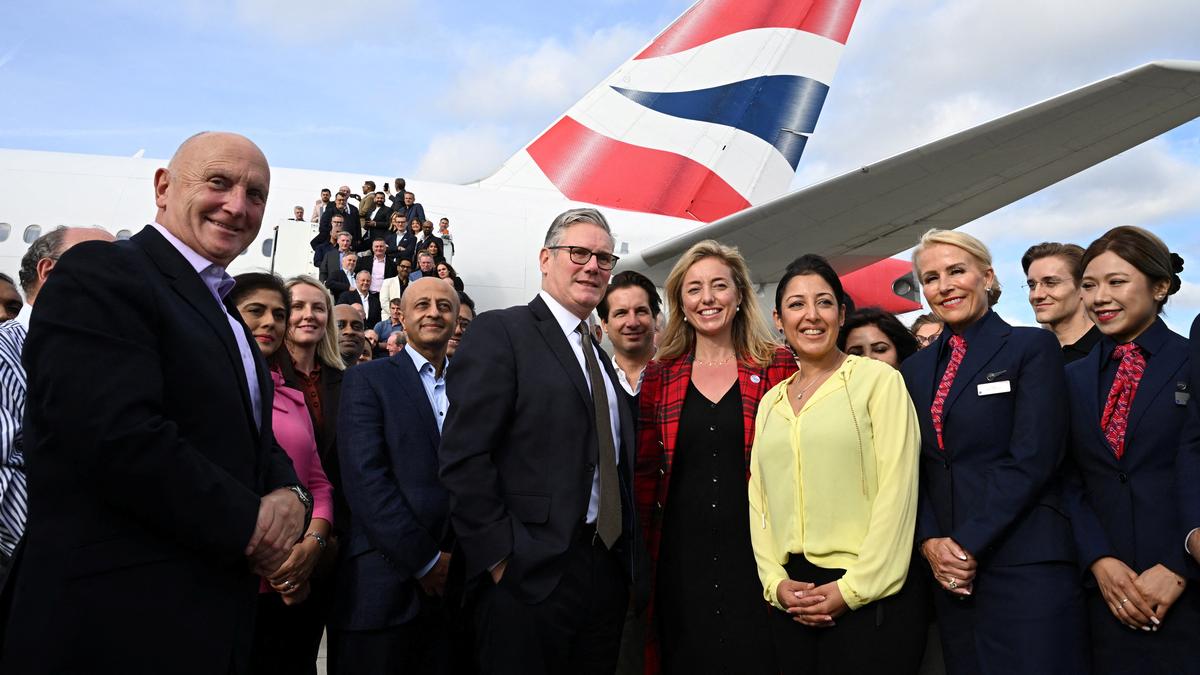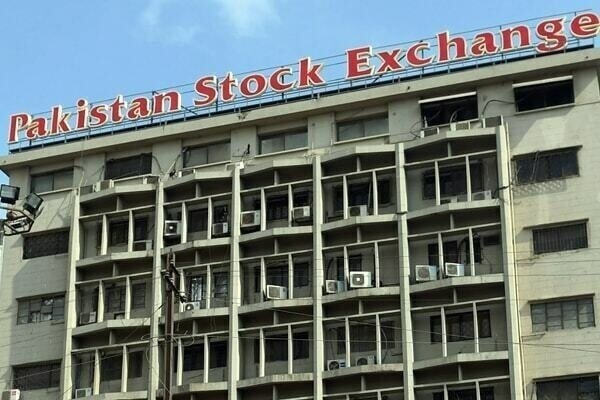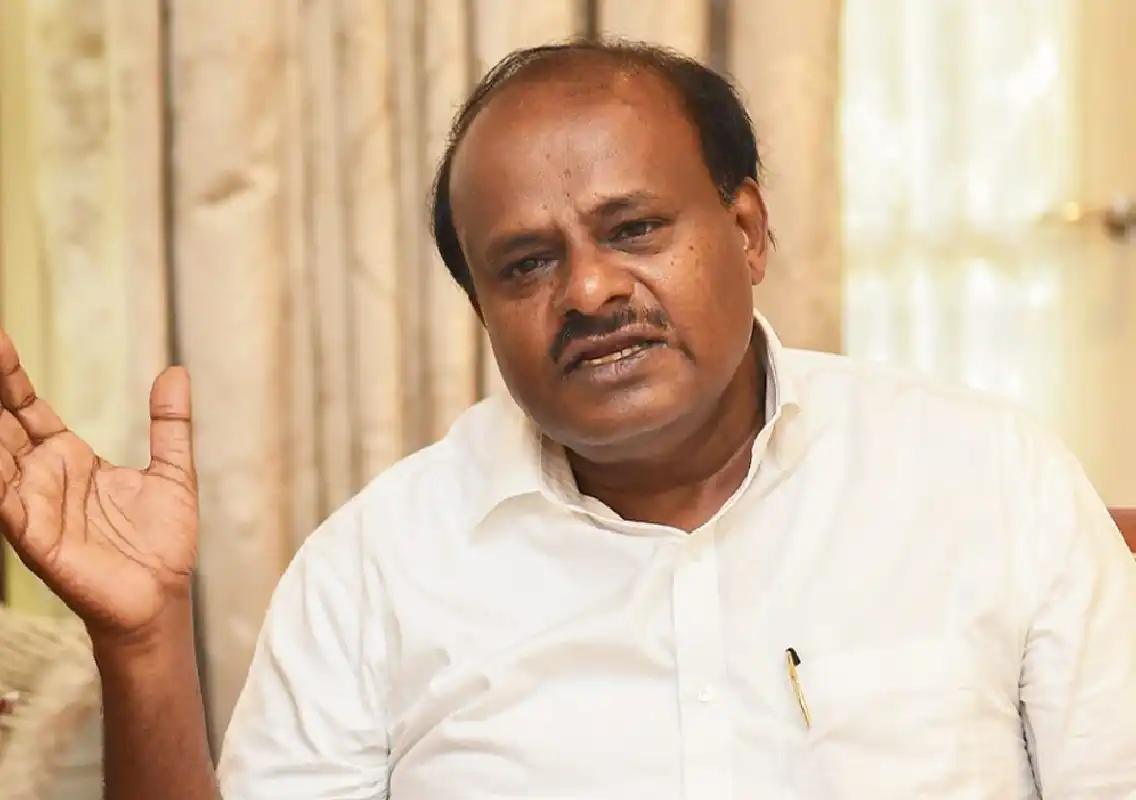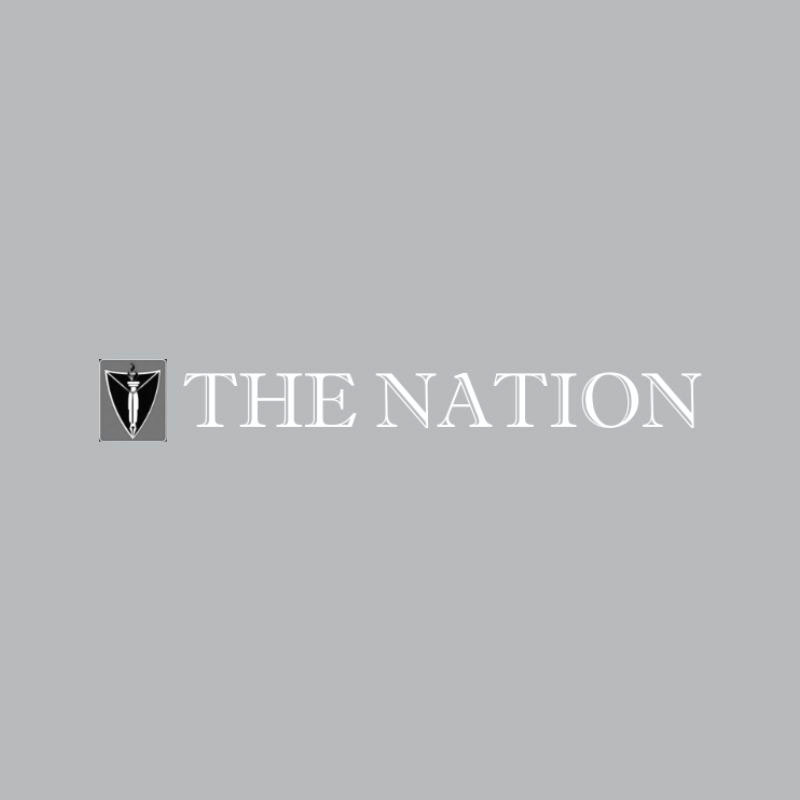By Sriram Lakshman
Copyright thehindu

U.K. Prime Minister Keir Starmer arrived in Mumbai, early on Wednesday (October 8, 2025) morning, for a two-day visit, with a delegation of 125 people, including CEOs and representatives from British institutes, universities and industry groups. The visit comes months after India and the U.K. signed a trade deal during Prime Minister Narendra Modi’s July visit to the European country. It also comes as both countries are navigating major geopolitical shifts, including their respective trading relationships with the U.S., under the administration of Donald Trump.
The visit is focused on trade and business, with No.10 Downing Street calling it a “two-day trade mission to Mumbai”. The U.K. delegation will include the Minister for trade and business, Peter Kyle, as well as investment minister Jason Stockwood.
“It’s not just a piece of paper, it’s a launchpad for growth,” Mr. Starmer said about the Comprehensive Economic and Trade Agreement (CETA).
The visit will also involve bilateral discussions on regional and global issues, the Indian government had said on Saturday. These talks– scheduled for Thursday (October 9, 2025), would be aimed at further strengthening the bilateral relationship, including via a tech partnership, the Technology Security Initiative launched in July 2024, according to a statement from the U.K. government.
The leaders will also take stock of the India-U.K. relationship, reframed during Mr. Modi’s visit to the U.K. in the summer, as being guided by ‘Vision 2035’, a ten-year roadmap spanning a range of dimensions — from trade and climate to education, technology and people-to-people ties.
Since Mr. Starmer took over the leadership of the Labour Party in 2020, Labour has sought to redefine its relationship with India, after ties frayed over positions the party had taken on India and Pakistan and the Kashmir issue. For the Modi government, another challenge with the U.K.— across governments in Downing Street— has been reaching a common understanding on the risks to Indian personnel and assets in the U.K. from Khalistani separatists operating in Britain. The signing of the trade deal and articulation of Vision 2035 in July were outcomes of both sides choosing to reset ties.
On Thursday, Mr. Modi and Mr. Starmer will deliver keynote addresses at the Global Fintech Fest in Mumbai and engage with business leaders, according to a government press release.
Under the trade deal, the U.K. has removed tariffs on 99% of products. However, this will impact a smaller proportion, 45% (or $6.5 billion), of Indian exports to the U.K., according to the Global Trade Initiative. The items impacted include textiles, footwear, seafood, automobiles etc.
For the U.K. one of the big wins from CETA has been in the alcoholic beverages sector.
“The historic trade deal the U.K. Government struck with India this year is great news for Scotland and especially our whisky industry. But having secured the deal our challenge and responsibility now is to put this deal into action,” Secretary of State for Scotland, Douglas Alexander said.
“That requires implementation of the deal by the governments of India and the U.K., and the utilisation of the deal by British and Indian businesses,” Mr. Alexander added. Under the deal, tariffs on Scoth Whiskey will fall from 150% to 75% immediately and further drop to 40% over ten years.
The trade deal has not yet been operationalized and is making its way through the British legislative system — a process that may take months. The deal is unlikely to be implemented anytime before early 2026, according to sources familiar with the process.
“Britain means business. We want to increase bilateral trade, business and investment between our two countries,” Karan Billimoria, a member of the House of Lords and founder of Cobra Beer, told The Hindu on Tuesday (October 7).
Mr. Billimoria, who used to head the Confederation of British Industry (CBI), believes the visit is more than just symbolic and thinks India and the U.K. will double their bilateral trade in the next five years. The total bilateral trade in goods and services for the year ending March 31 was valued at £44.1 billion ($59.14 billion), according to official data from the U.K.
While India is the U.K.’s 11th largest trade partner and the trade deal is expected to contribute an increase of just 0.13% to the U.K.’s GDP over the long-term (the equivalent of £4.8 billion annually), the agreement with India has been repeatedly cited by Mr. Starmer and his colleagues as an example of job-creation. The trade deal is expected to increase U.K. exports to India by 60%, Downing Street said.
Posting a picture of himself on social media with tens of others from his delegation, pouring out of the aircraft that brought them to Mumbai, Mr. Starmer said he was on a mission “to deliver for people back at home”.
The Labour government faces significant economic challenges in the U.K. , including low productivity, high national debt, and weak economic growth. It has also tightened the screws on migration – including the movement of skilled and documented workers into the U.K., pressured in part by anti-migrant policy promises from the Conservatives and nativist Reform U.K. Party. In recent years, India has topped the list of countries whose citizens get the most skilled worker visas.
“Other countries are actively competing for the same pool of skilled talent, and perceptions of openness can significantly shape investment decisions,” a spokesperson for the U.K. India Business Council (UKIBC), an industry body, said when asked how about the steps the government has taken to cut skilled legal migration.
The body, which is represented in Mr Starmer’s delegation, said it recognized the British government’s intent to manage migration in a way that supported national priorities. A spokesperson for the UKIBC said that a “balanced and predictable” migration framework that welcomes talent in sectors with high demand would ensure the U.K. remained a top destination for investment.
The delegation also includes the CBI, Rolls-Royce, British Airways, banks such as Standard Chartered, Barclays, NatWest and HSBC; alcoholic beverage company Diageo; engineering firm Arup and telecom company BT.



